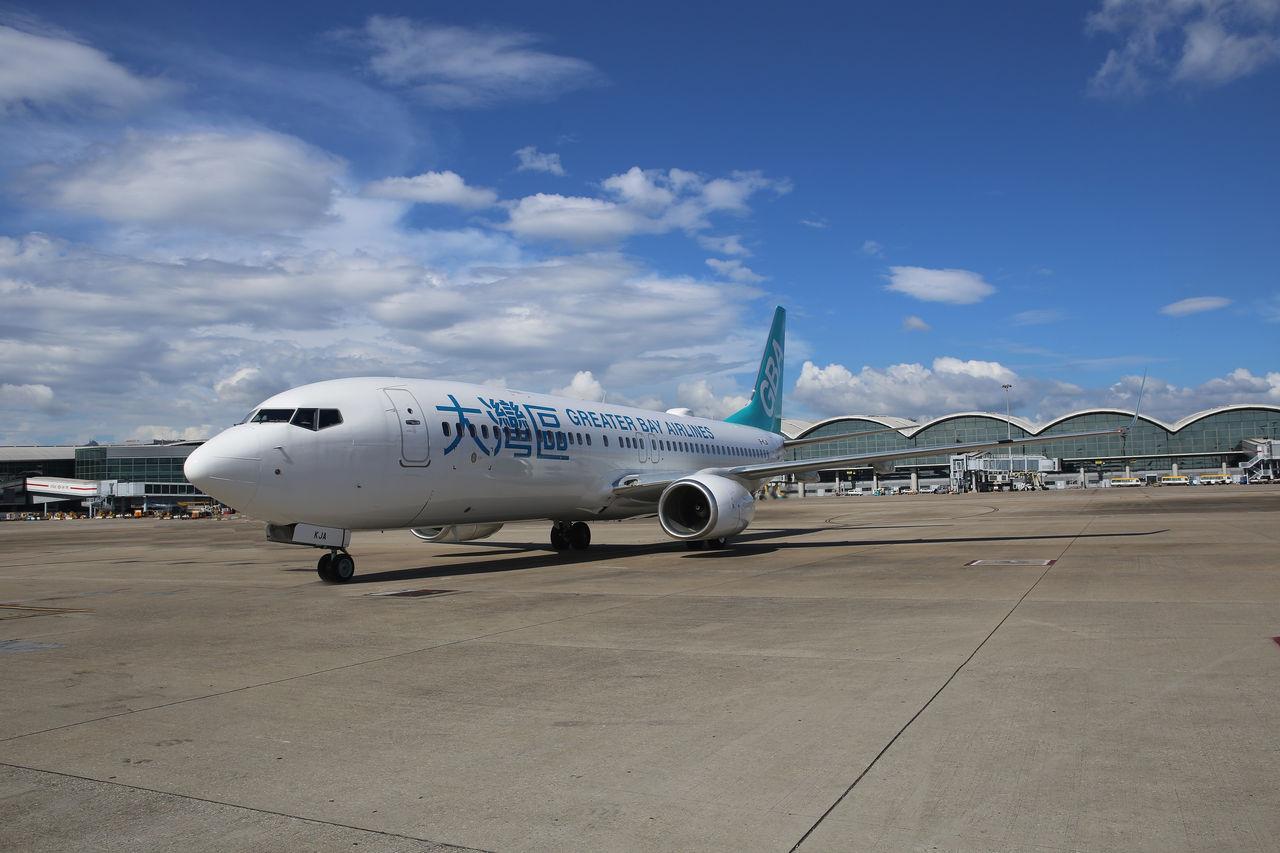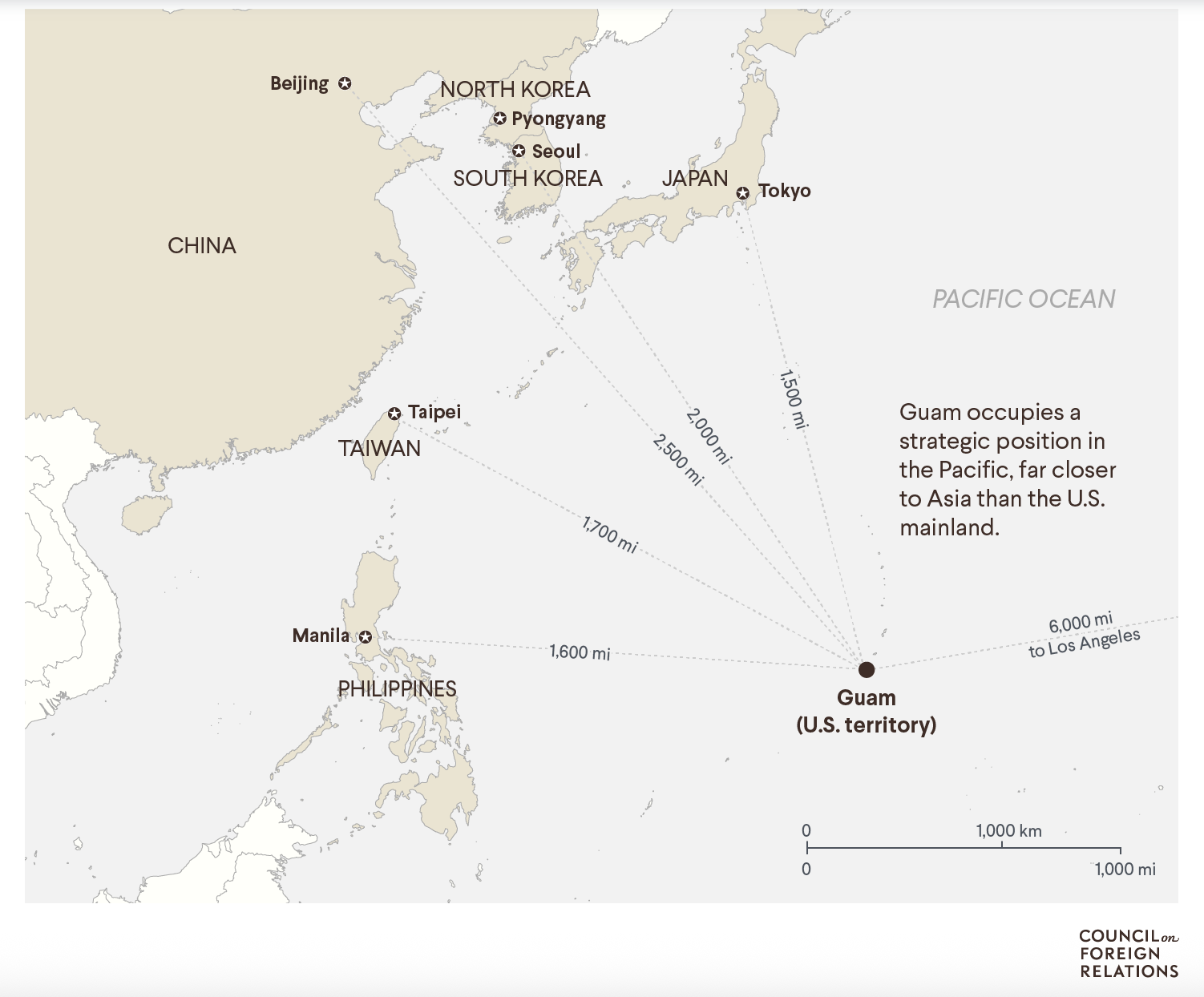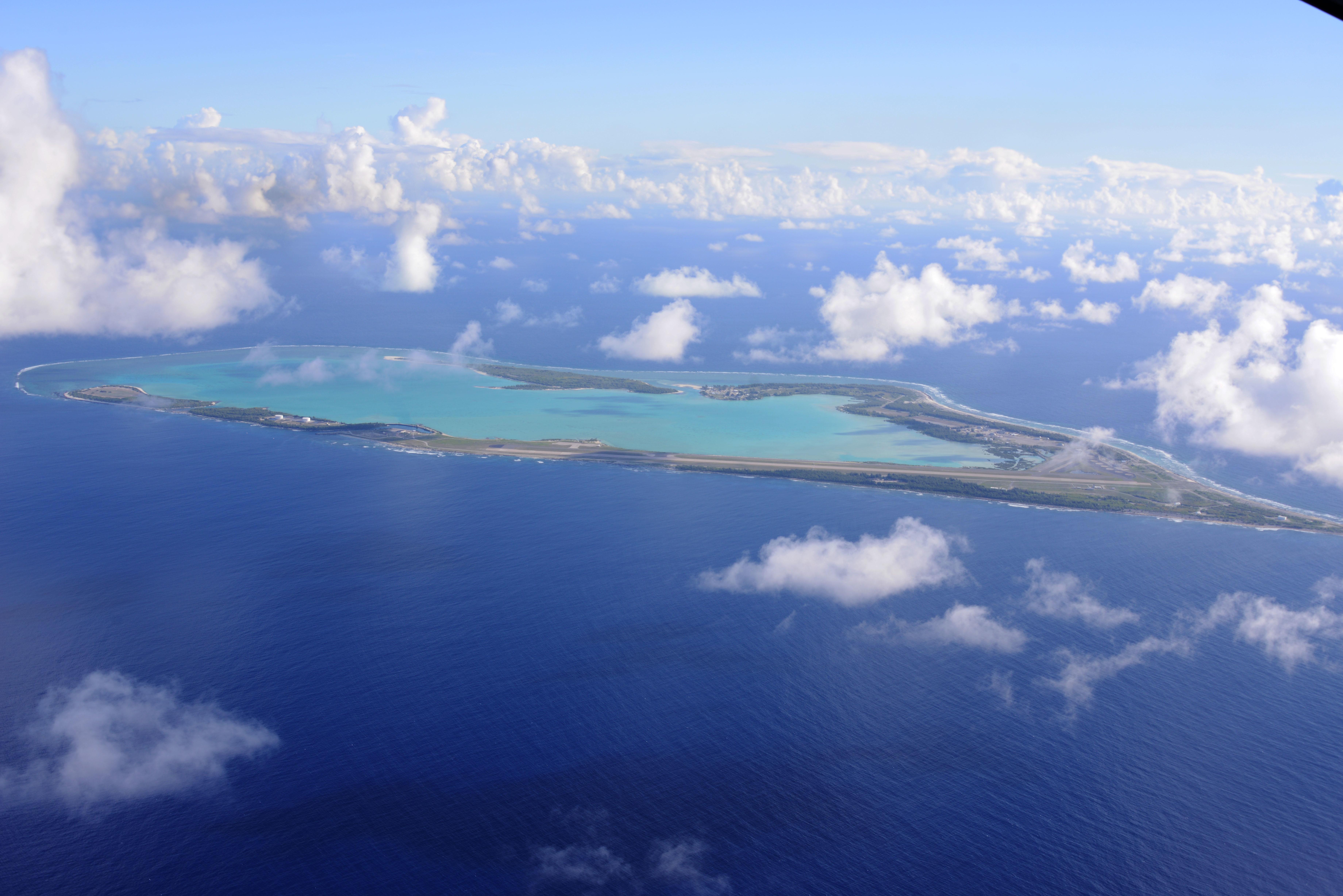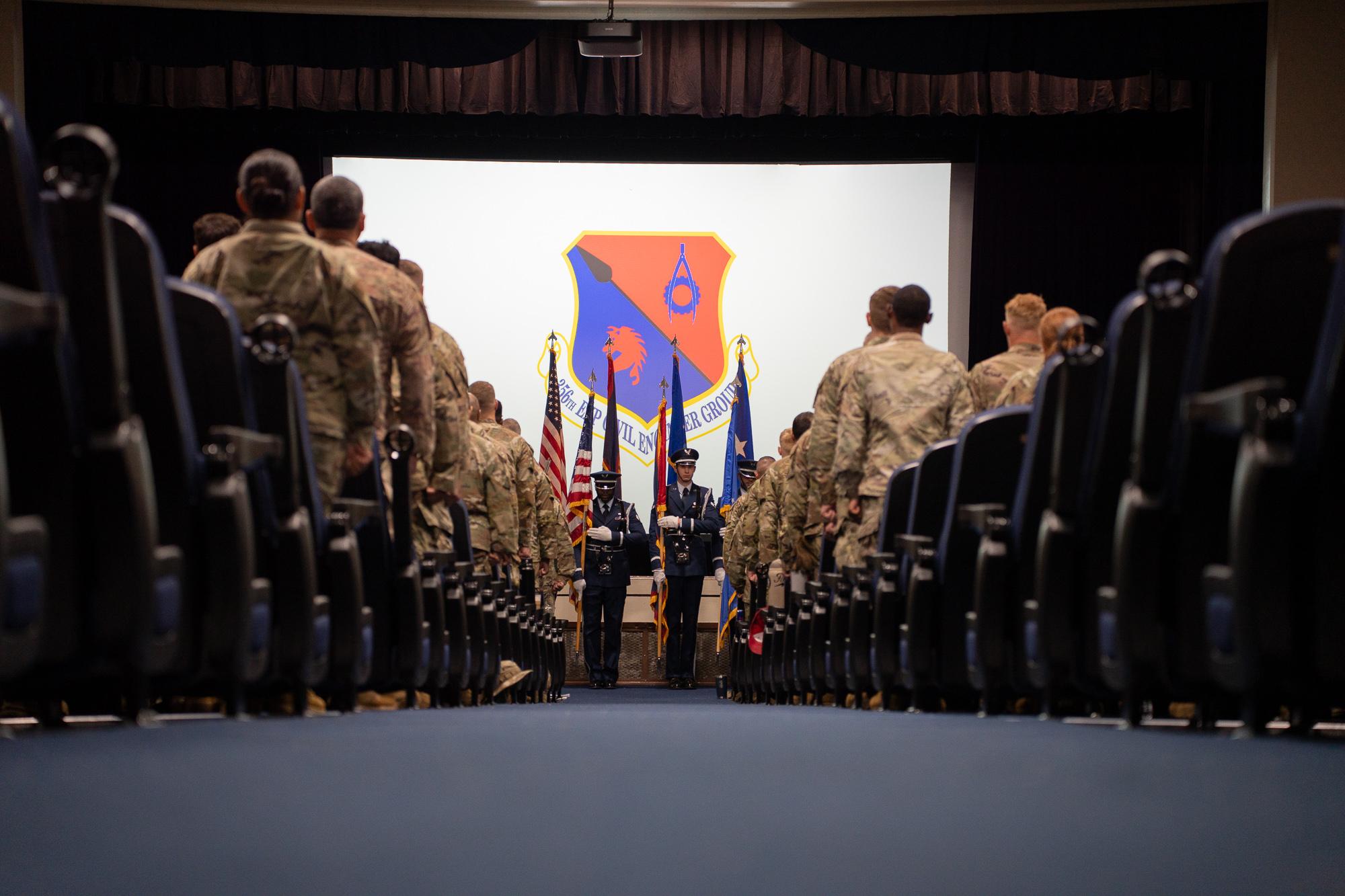Saipan Correspondent
GUALO RAI, Saipan — The NMI Judiciary continues to face challenges related to stable funding, attorney retention, and building a homegrown legal workforce, according to District Court for the NMI Chief Judge Ramona V. Manglona and attorney Janet H. King.
Both emphasized the importance of judicial independence, maintaining operations despite limited resources, and investing in programs to encourage local students to pursue legal careers.
The NMI Judiciary submitted a $13.6-million budget request for fiscal 2026, which covers ongoing operations.
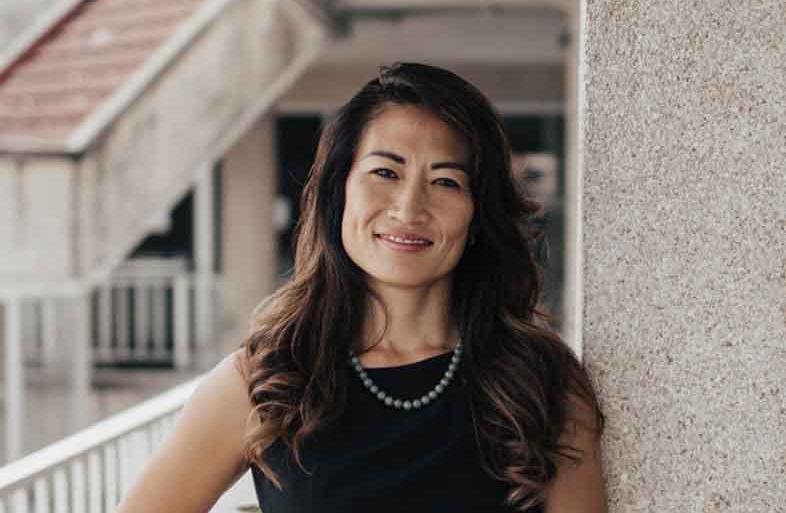
King said the funding was necessary to ensure the courts continue to function without delays.
"That request is not about expansion or luxury," she said. "It's about keeping the system running safely, fairly, and reliably."
Manglona said adequate funding helps protect judicial independence by minimizing external pressures.
"Decisions must be made based on the law and facts, not political pressure," she said.
Both King and Manglona pointed to the Judiciary's record, noting that several NMI cases have been affirmed by the U.S. Supreme Court and Ninth Circuit, reflecting the courts' adherence to the law.
There are currently 149 active attorneys in the NMI, with 99 permanent admissions and 50 temporary admissions.
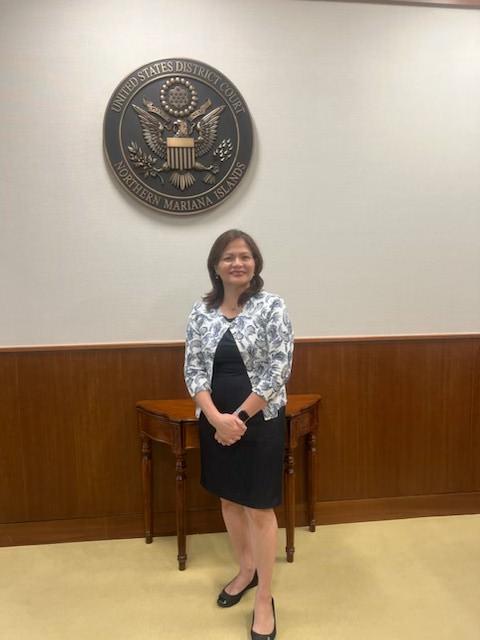
Attorney turnover remains high, Manglona said.
"We get a lot of bright young attorneys who come here after law school," she said. "But after a few years, they leave — often because they're carrying heavy student loans and the salaries here can't compete."
King said many incoming attorneys begin their careers in government agencies, such as the Office of the Attorney General, but economic challenges influence whether they remain long-term.
"Love for home is powerful, but it is not always enough," she said. "If there are not enough stable jobs, if housing is unaffordable, if it is hard to build a future, then the dream of coming home becomes harder to fulfill."
Broader improvements in economic conditions, housing, and infrastructure could support better attorney retention, she said.
Still, Manglona highlighted success stories. Among them is current NMI Bar Association president Charity Hudson, who stayed in Saipan after clerking for Associate Judge Teresa K. Kim-Tenorio, and attorneys like Heather L. Kennedy (also a part-time U.S. magistrate judge in the District Court) Michael A. White, and the late Maya B. Kara and Bruce L. Mailman, who chose to make the NMI their home for decades.
"We need more attorneys who see this not just as a job, but as home," she said.
As to broader statistics — such as attorney retention rates, paralegal use, and pro bono work — Hudson acknowledged that no centralized data currently exists.
However, she emphasized that many attorneys work hard across government and private sectors to meet the islands’ legal needs.
The NMI Judiciary has it’s own challenges, which Hudson said are a lack of funding, and access to justice due to the reduced economy.
The judiciary has implemented initiatives to build a local pipeline of legal professionals, including the CNMI High School Mock Trial Competition, student court tours, and the Summer Pre-Law Program.
King said many current leaders in the Judiciary and private sector, including Manglona, Justice Perry B. Inos, and others, participated in through early versions of the pre-law program.
Recent Summer Pre-Law Program alumni currently enrolled in law school include Ardel Ciolo (Penn State Law), Josephine Estrada (Syracuse University College of Law), Lallane Guiao-Seng (University of Connecticut School of Law), Brianna Hunter (Cleveland State University College of Law), Michael Johnson (University of Hawaii Richardson School of Law), and Lisa Phair (Syracuse University College of Law).
Manglona said cost remains a barrier for many NMI students pursuing legal education. She suggested early strategies such as earning AP credits and exploring online or hybrid law programs to reduce costs.
Manglona said it all boils down to the fundamental principle she adheres to as the head of the U.S. District Court of the NMI.
“[And that] is to be able to grant relief for any and all individuals under the U.S. Constitution.
“And for civil matters, the significant part is under the 7th Amendment of the U.S. Constitution, a party for diversity basis. In other words, they're not from here and they get sued, say in the Superior Court, they'd say, ‘Well, we'd like to go to the federal court because we have various reasons, including the constitutional right.’ And that's where the removal cases arrive.”
The NMI Judiciary encourages pro bono service through NMI Continuing Legal Education rules, allowing attorneys to earn CLE credit for providing free legal services.
King said she personally handles several pro bono cases each year.
"The Judiciary also works to assist self-represented litigants through workshops and online resources," Manglona said.
Manglona said for purposes of the District Court, there were two occasions when she saw it happen.
“One is when there's prisoner litigation cases for a Section 1983 violation, which is a violation of one's civil rights. There's a federal statute that protects the civil rights of individuals. And when those rights are violated, those individuals can file a lawsuit against those that violated their rights under what is known as Title 42 U.S.C. Section 1983,” she said.
“On those occasions, I've tapped into a couple of well-respected attorneys who accepted the case and their resolve. And so that's an occasion when it's pro bono, to the extent that I've always indicated a plaintiff who succeeds or prevails in a Section 1983 lawsuit is entitled to an attorney's fees as an incentive,” she said.
Manglona stressed that judicial independence remains a central concern in the NMI and nationwide.
“It’s about making decisions based on the law and facts, without external pressure,” she said. “When a party disagrees with a decision, the remedy is not personal grievance — it’s appeal.”
This principle recently played out at the highest levels. Two of her rulings — one involving the federal cockfighting ban (the Andrew Salas decision) and one on immigration law — were affirmed by the Ninth Circuit and allowed to stand after the U.S. Supreme Court declined to hear appeals.
Those decisions now set binding precedent for the CNMI and beyond.
“Whether it's me, a three-judge panel, or 11 judges en banc, if we all follow the law, we should reach the same result," she said.
Given the close-knit nature of CNMI society, questions arise about conflicts of interest.
Manglona explained that federal judicial canons and statutory law govern recusals.
“If there’s a conflict, even one within a certain degree of relation, I must and do recuse,” she said, referencing her recusal in the high-profile IPI bankruptcy case when a family member became involved.
Operating in a small community, the NMI Judiciary applies strict federal ethics standards to avoid conflicts of interest.
Manglona said judges recuse themselves when necessary to maintain public trust.
"Justice must not only be done; it must be seen to be done," she said.
Manglona and King said that addressing funding stability, attorney retention, and homegrown workforce development will remain key priorities for ensuring the continued effectiveness and independence of the NMI Judiciary.
For Manglona, ensuring a strong legal system in the NMI is about much more than filling courtrooms — it’s about empowering the next generation.
“We have to start early, nurture interest, and open doors,” she said. “Because one day, these young people could be sitting where I am — serving their community, upholding justice, and strengthening the rule of law for everyone." mbj















